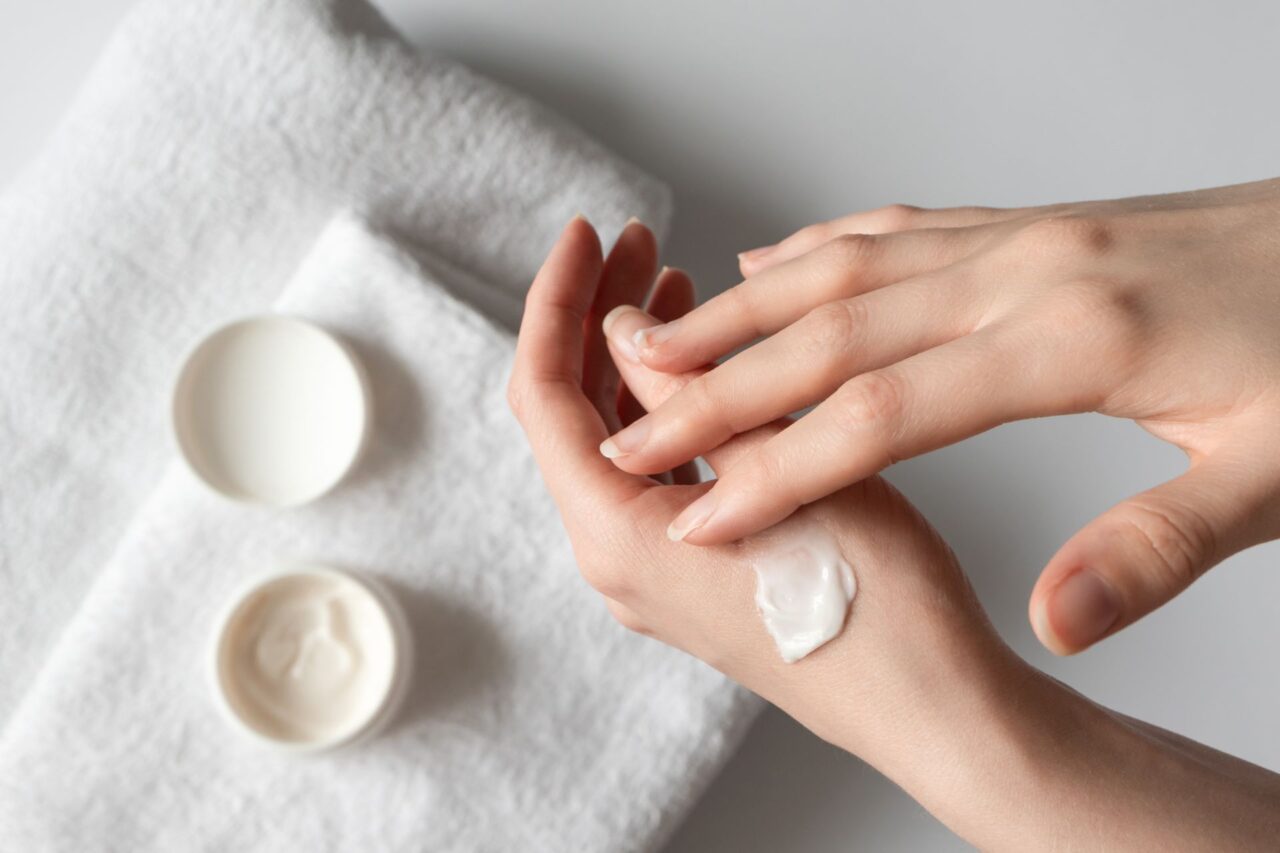Introduction
Facing cancer is a challenging journey, and the side effects of treatment can take a toll on your skin. Dry skin during cancer treatment is a common issue that many patients encounter. However, with the right strategies and proper care, you can alleviate discomfort and maintain healthy skin. In this comprehensive guide, we’ll explore various tips and techniques to help you manage dry skin during cancer treatment effectively.
Tips for Managing Dry Skin During Cancer Treatment
Understanding the Impact
Cancer treatments, such as chemotherapy and radiation, can disrupt the skin’s natural moisture balance. This disruption often leads to dryness, itching, and flakiness. Understanding how these treatments affect your skin is the first step toward effective management.
Hydration Is Key

One of the most crucial aspects of managing dry skin is staying well-hydrated. Drink plenty of water throughout the day to help your skin retain moisture. Proper hydration also supports your overall well-being during cancer treatment.
Gentle Cleansing
Opt for mild, fragrance-free cleansers when washing your face and body. Avoid hot water, as it can strip your skin of essential oils. Instead, use lukewarm water to prevent further drying.
Moisturize Regularly

Invest in a high-quality moisturizer to soothe and hydrate your skin. Apply it generously after showering or bathing, and carry a travel-sized version for on-the-go relief.
LSI Keyword: Skin Moisturizing Techniques
Discover various techniques for effective skin moisturization during cancer treatment.
Wear Soft Fabrics
Choose soft, breathable fabrics like cotton when selecting clothing. Rough materials can irritate dry skin and exacerbate discomfort.
Protect from Sun Exposure
Sensitive skin during cancer treatment is more susceptible to sun damage. Apply a broad-spectrum sunscreen with SPF 30 or higher before heading outdoors.
Sunscreen for Sensitive Skin
Explore sunscreen options specially designed for sensitive skin types.
Avoid Harsh Products
Steer clear of skincare products that contain alcohol, fragrances, or harsh chemicals. These ingredients can aggravate dryness and irritation.
Manage Itching
Itching can be a significant source of discomfort. Use over-the-counter anti-itch creams or consult your healthcare provider for recommendations.
Alleviating Itching During Cancer Treatment
Learn effective ways to alleviate itching while undergoing cancer treatment.
Stay Cool
Hot showers or baths can worsen dry skin. Opt for cooler water temperatures to prevent further irritation.
Embrace Humidifiers
Using a humidifier in your home can add moisture to the air, which, in turn, benefits your skin.
Humidifiers for Skin Health
Discover the advantages of incorporating a humidifier into your daily routine.
Choose the Right Makeup
If you prefer makeup, opt for products designed for sensitive skin. Mineral-based cosmetics are often a better choice during cancer treatment.
Makeup for Sensitive Skin
Explore makeup options that won’t exacerbate skin issues.
Stay Well-Nourished
A balanced diet rich in vitamins and nutrients can support your skin’s health. Include foods like avocados, fatty fish, and nuts in your meals.
Nutrient-Rich Diet for Skin
Learn about the dietary choices that can benefit your skin during cancer treatment.
Consult Your Healthcare Team
Always communicate with your healthcare team about your skin concerns. They can provide tailored advice and may recommend specific skincare products.
Skincare Recommendations for Cancer Patients
Discover the skincare products and practices recommended by healthcare professionals.
FAQs
Q: Can I use my regular skincare products during cancer treatment?
A: It’s best to consult your healthcare provider, as some products may not be suitable.
Q: Are there any natural remedies for dry skin during cancer treatment?
A: Natural remedies like aloe vera and coconut oil can provide relief, but consult your doctor before using them.
Q: How can I prevent my skin from becoming too dry during chemotherapy?
A: Stay well-hydrated, moisturize regularly, and follow your healthcare team’s recommendations.
Q: Can I continue to wear makeup during cancer treatment?
A: Yes, but choose makeup designed for sensitive skin and remove it gently.
Q: Are there specific skincare routines for different types of cancer treatments?
A: Your skincare routine may vary depending on your treatment plan; consult your healthcare team for guidance.
Q: Can dry skin during cancer treatment be a sign of an allergic reaction?
A: It’s possible, so it’s important to report any unusual skin reactions to your healthcare provider.
Conclusion
Managing dry skin during cancer treatment is achievable with the right knowledge and care. By following these tips and consulting your healthcare team, you can minimize discomfort and maintain healthy, hydrated skin throughout your cancer journey.




